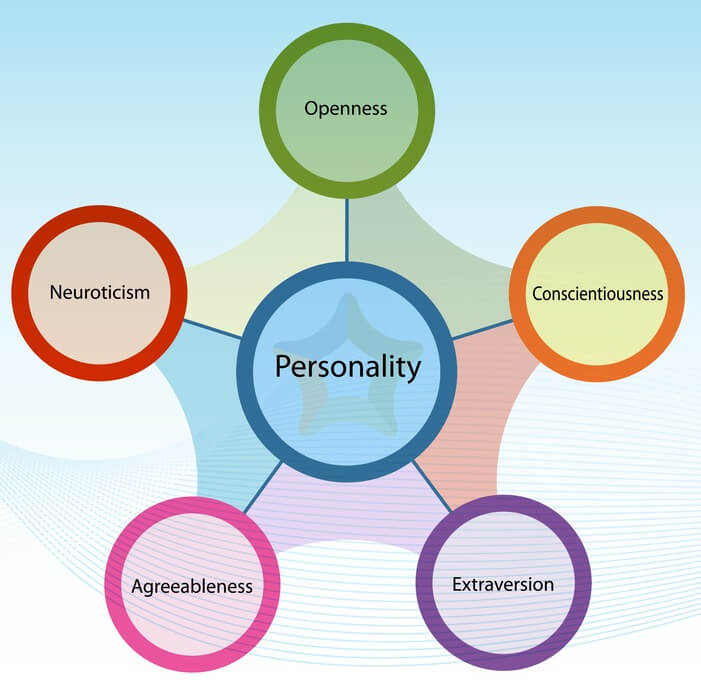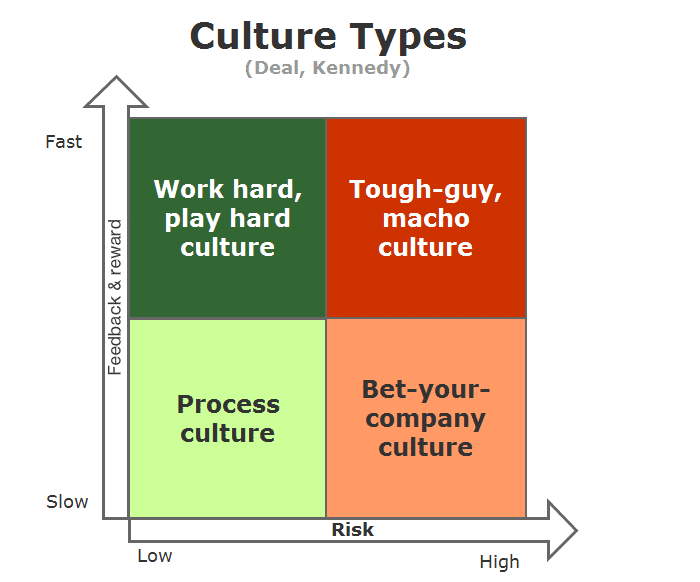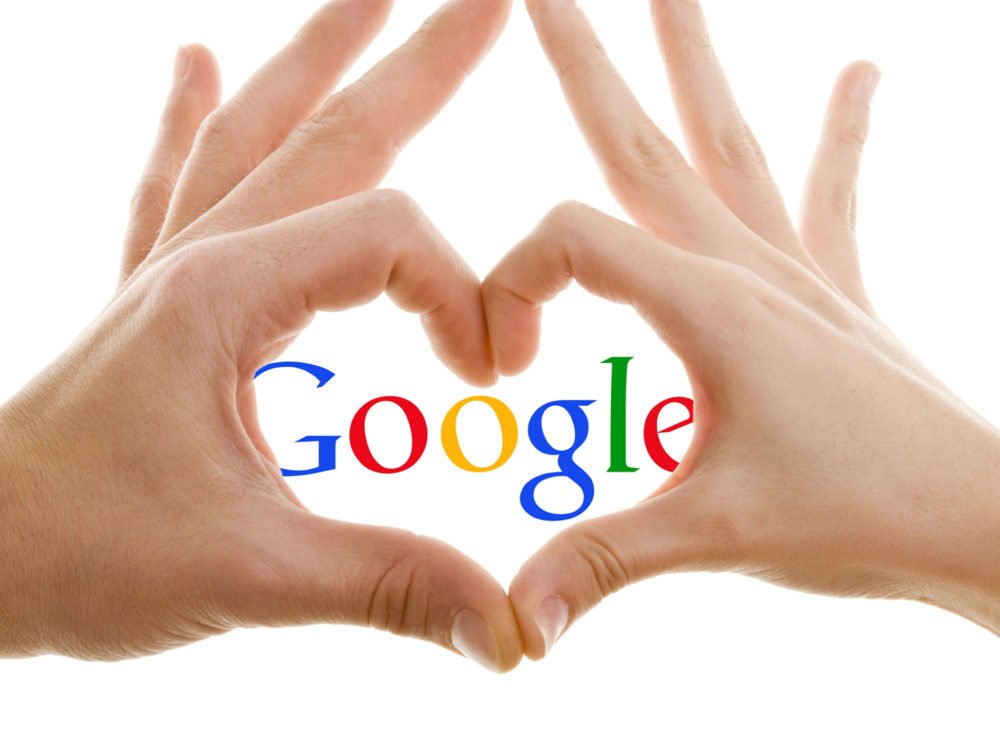Talent retention is not a new problem, but it seems to be ever more critical. The question of attracting the brightest and best talents is a key issue for successful companies. Today with large signing bonuses and very attractive salaries and benefits, the more perplexing question is how to best build the loyalty of the talented people. The more talents organizations retain, the more talents they’ll attract. Organizations should focus on designing a sustainable career package that supports a graduate’s continuous professional and personal development. It is important that an organization keeps track of each individual’s changing needs and priorities. This will be down to the job of a coach or a mentor who should carry the long-term and important responsibility of coaching and mentoring the graduates. Being new to the organization, graduates require continuous feedback and coaching to help them to assimilate well and be successful in their role. Continue reading
Human Resource Strategies
Organisational Values – Definition, Sources, Advantages and Disadvantages
An organisation is an artifact, social entity, has structured activities, nominal boundaries and it is goal directed. Values can be explained in few perspectives according to various sources. In ethics, value represents importance of physical and abstract objects which is ideal accepted by individual or group. It can be also defined as qualities that are considered worthwhile that represent an individual’s highest priorities and deeply held driving forces. Values are often admixture with knowledge, norms and beliefs. Beliefs can be proven right or wrong by one but not values. Beliefs may vary by cohort, time, geographical differences but values are universal, true for anybody at any time, whenever an individual is. Organisational values are ethical codes that guide behavior by putting assumptions into practice. It also serves as qualities that an organisation appreciates and would require members of the organisation to chase after. Organisational values are ideology of an organisation Continue reading
Developing a Reward Strategy for Your Organization
Reward is an important part of managing organization and the management of employees. It can be defined as an organization is ready to pay for to accomplish its strategic objectives. Therefore the review of reward system starts from understanding of organizational strategy and HR strategy supports this. Strategic reward objectives should be aligned with business objectives in the same way as other key business areas such as finance, marketing, administrating and IT. In the broad way, there are two ways of reward such as tangible and intangible. The definition of these two rewards are in a way ambiguous as it could vary according to the viewers’ standpoints, but most of rewards can be classified as the tangible, which includes competitive salary, promotion, good benefits, incentive, better working environment, recognition awards and all other fringe benefits for higher performance. Whereas, intangible rewards is none monetary reward for high performance, not always Continue reading
Impact of Personality Types at Workplace – The Big Five Personality Traits
The unique thought patterns, behaviors and feelings that make an individual different from the other can be termed as Personality. The personality of every individual originates out of genetic heritage as well as his immediate surroundings, and remains constant all through their lives. This results in individual differences. Due to complexity in human nature arising out of the wide variety of experiences in life, the different personality types affect individual relation ships in an organization, and affect the organizational climate. However, though it is assumed that the personality of an individual is more or less constant, it does not happen so. It has been observed that though individual differences occur as a result of various styles of parenting and the amount of attention that one received in childhood grooming, individual successes and failures experienced in life, changes in individual personality do occur in the long run. Individuals are likely to Continue reading
Deal and Kennedy’s Organizational Culture Model
As a lead up to the discussion on corporate culture in people’s management, it is important to consider Deal and Kennedy’s contribution. Deal and Kennedy suggests that ‘People are a company’s greatest resource, and the way to manage them is not directly by computer reports, but by the subtle cues of a culture’ Deal and Kennedy (2000) examined organisational culture from a different perspective, concluding that there are six interrelated elements which define organisational culture. These are: The history of the organisation, because shared past experiences shape current beliefs and values and the traditions which organisation is built on. For example, firms often draw on their heritage and use this as part of their branding strategy, as well as asserting a belief in traditional values. The values and beliefs of the organisation are critical as these focus on the shared beliefs of employees and the organisation as a whole, including the written and underwritten Continue reading
Case Study: Google’s Recruitment and Selection Process
Google Inc., the world’s largest and most popular search engine company, is also one of the most sought after companies in the world. Due to the popularity of the company caused by its highly attractive compensation and benefits packages for its employees, millions of job applications are constantly received by Google on an annual basis. While other companies envy Google for attracting and acquiring such highly-talented and highly-skilled individuals from all over the world, the company finds it as a serious cause of dilemma. When Google Inc. topped the ranks for the most popular companies in the world, it could no longer contain the number of applications it receives from thousands of job hunters from all over the globe. And since the company aims to hire only the best employees that fit the organizational culture and standards of Google, the company started thinking of ways to better improve its recruitment Continue reading





